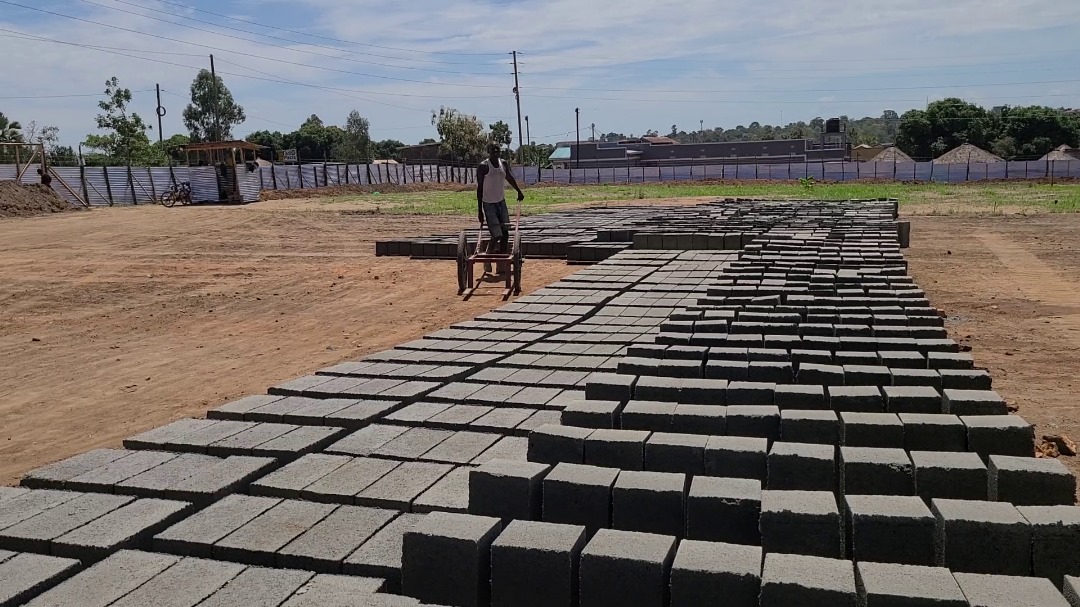CSOs say right to dignity, livelihood for women still a myth in Uganda
Civil Society Organisations have said whereas Uganda joined the rest of the world to celebrate the International Women’s day on Tuesday, the right to dignity and livelihood of women, especially those who work in commercial investment schemes like factories are still a myth.
Addressing journalists in Kampala, SEATINI Executive Director, Jane Nalunga said many commercial investment schemes are becoming synonymous with human and environmental rights violations.
Keep Reading
“ In a number of commercial investment schemes including factories, flower firms, and plantations, women’s rights are violated. Land-based investments are dispossessing and evicting communities from their land to grow the same cash crops like sugarcane, maize, coffee, palm fruits, soy bean as those of the displaced communities. They then convert the initially self-sustaining and food secure communities into landless, poorly paid casual labourers thereby depriving them of their means of livelihood and the right to live in dignity,”Nalunga said.
“ There are power imbalances between the investors and the host communities especially the women thereby creating a situation of impunity on the part of the investors. The workers especially women, in factories and plantations work under very precarious conditions.”
She noted that there is rampant casualization of labour with no contracts, on daily wages, unfair dismissal from work, no access to either annual leave or maternity leave as well as very heavy work load.
“This challenge pertains also in other countries in East Africa and Africa at large. The workers’ situation is worsened by the wages paid in absence of a minimum wage paid given the unfair existing minimum wage of shs 6,000 a rate which has not been reviewed since 1984. This situation has been proliferated and aggravated by the existence and absence of appropriate legal frameworks to ensure the protection of citizens and the environment against investment related human rights violations.”
The CSOs noted that despite the availability of the Employment Act, 2006 , the same does not protect workers against casualization of labour.
These said that whereas Uganda has signed a number of bilateral investment treaties (BITs), six of which are in force, these protect the rights of investors at the expense of citizens’ rights.
“As such, investors have not been held accountable for the acts they have committed in violating people’s rights and environmental rights. This lacuna in our investment related policy frameworks has hit harder on women workers since they have limited capacity and ability to understand and negotiate
better employment terms. In a bid to attract investments, government markets Uganda’s labour as cheap and has given investors a lee-way to degrade Ugandans especially women,” said David Kabanda, the Executive Director for the Center for Food and Adequate Living Rights (CEFROHT).
He noted that in factories, many women have been affected by chemicals due to working without protective gears and their employers have turned a blind eye to this.
Call
The CSOs urged government and investors to prioritize citizens’ right to dignity and livelihood of women workers over profits.
“Government should urgently review the Investment Code Act, 2019 to address the challenges associated with largescale land based investments to include human rights impact assessment, performance requirements and specifically enforce the African Union guidelines for largescale land based investments and the UN guiding principles on business and human rights,” Platform for Labour Action’s Lydia Bwite urged.
She noted there is need for reviewing the Employment Act of 2006 and the Occupation Health and Safety Act 2006 to ensure protection of workers; and communities’ right to dignity and livelihood.
The CSOs also urged government to expedite the
process of ratifying the International Labour Organisation Convention number 190 and align the legal framework to address violence and harassment in the world of work.
“Investigate into the situation of workers in commercial investment schemes such as factories, flower firms, and plantations with a view to secure redress for the affected persons. Investigate into the situation of land dispossession of communities by commercial investment schemes with a view to secure redress for the affected persons and communities.”

















